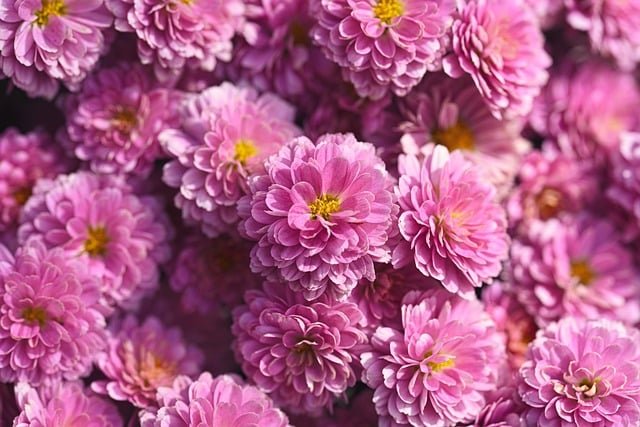Choosing the right wine cooler is essential for any enthusiast looking to preserve their collection’s integrity. This article delves into the critical factors of temperature stability and humidity control, explaining their profound impact on wine’s aging process. Understanding these elements is the first step toward ensuring your investment matures perfectly, unlocking the full potential of every bottle you own.
The Critical Role of Temperature Stability
Consistent temperature is arguably the most crucial factor in wine preservation. Fluctuations cause the wine to expand and contract within the bottle, which can compromise the cork’s seal and allow oxygen to seep in. This oxidation process leads to premature aging, flattening the wine’s flavors and aromas. For long-term aging, a steady temperature between 45°F and 65°F (7°C and 18°C) is widely recommended by experts, including the Wine & Spirit Education Trust (WSET). A dedicated wine cooler is designed to maintain this stability, unlike a standard refrigerator, which undergoes frequent temperature cycles that are harmful to wine.
Humidity Control and Its Impact on Corks
While temperature gets most of the attention, humidity plays an equally vital role, specifically in keeping the cork in optimal condition. The ideal relative humidity level inside a storage unit is between 50% and 70%. If the environment is too dry, the cork can shrink and dry out, allowing air to enter the bottle and spoil the wine. Conversely, excessive humidity can promote mold growth, which may damage the labels and, in severe cases, affect the cork. Modern wine storage units often feature humidity control mechanisms to create a perfect microclimate, ensuring your corks remain elastic and fully sealed for decades.
Beyond the Basics: Vibration and Light
Two often-overlooked enemies of wine are vibration and light. Constant vibration, from appliances or heavy foot traffic, can disturb the sediment in aging wine and potentially accelerate chemical reactions, leading to a muted flavor profile. Ultraviolet light, particularly from the sun, can cause wine to become “light-struck,” creating unpleasant sulfurous compounds. High-quality wine coolers address these issues with solid or UV-protected glass doors and compressor systems designed for minimal vibration, providing a truly undisturbed resting place for your collection.
In summary, proper wine storage is a science that extends far beyond simply keeping bottles cool. By prioritizing temperature stability, humidity control, and protection from vibration and light, you create an environment where wine can evolve gracefully. Investing in a specialized cooling unit is not just a convenience; it is a commitment to preserving the quality, complexity, and value of your wine for years to come.
